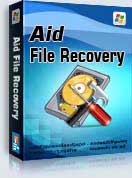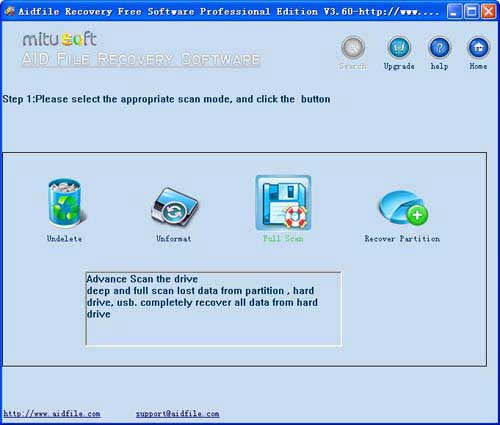Asus Maximus VI Extreme Windows failed fast startup with error status 0xC00000D4 repair tool fix to do data recovery, best file Recovery software help you recover MS word,excel, pictures, music, video files from Asus Maximus VI Extreme Windows failed fast startup with error status 0xC00000D4
Use "unformat" to recover formatted drive for " Asus Maximus VI Extreme Windows failed fast startup with error status 0xC00000D4" after quick format,full format,accidentally formatted,reformatting,High-level formatting,Low-level formatting.
Use "recover partition" to recover files - Asus Maximus VI Extreme Windows failed fast startup with error status 0xC00000D4 partition,lost partition,changed ,damaged partition.And if the size or position of partition is changed by format,It can not recover with "unformat"so you can use "recover partition"mode.
Use "undelete" to recover deleted files - Asus Maximus VI Extreme Windows failed fast startup with error status 0xC00000D4 after Virus attack,Recycle bin clear,disk cleanup,Press shift del by mistake,permanently empty recycle bin,shift delete ,accidentally deleted by a mistake.
Use "Full Scan" to recover data - Asus Maximus VI Extreme Windows failed fast startup with error status 0xC00000D4 which can not be found with "undelete" and "unformat" and "recover partition",after showing an error,display as raw file system,unformatted,unknown partition,unpartitioned,needs to be formatted,or the file system is not exfat,not fat32,not ntfs.
"Asus Maximus VI Extreme Windows failed fast startup with error status 0xC00000D4 ", I have Windows 8.1 (not the upgrade version) installed and fully patched on my main 4TB hard disk. Windows boots using UEFI and UEFI is fully enabled in BIOS without any legacy boot options. All of the latest ASUS drivers have also been used. The SSD is being used as a scratch disk for Photoshop. The system is not overclocked in any way. The DRAM speed is the only thing that's changed in the BIOS using XMP profile #1. The DRAM speed is set to 2400 and has been rock solid with no problems. The one annoying problem that I have been having is with the new Windows Fast Startup feature. I keep seeing the following errors in the event log: The system has rebooted without cleanly shutting down first. This error could be caused if the system stopped responding, crashed, or lost power unexpectedly. Windows failed fast startup with error status 0xC00000D4 The previous system shutdown at TIME on DATE was unexpected My system has never crashed nor has it ever lost power unexpectedly nor was it ever shutdown improperly. I have been going nuts trying to resolve this error and for a moment I thought I had it resolved. It seemed that I could easily recreate the problem by doing a shutdown from Windows after which I would set the power switch on the PSU to OFF. As soon as I would start the system again and go to the event viewer I would see the 3 errors I mentioned earlier in this post. Knowing that Windows Fast Startup stores some device information on the HD and perhaps in RAM I decided to experiment. I did another shutdown but this time I left the PSU set ON. I once again powered up the system and went to event viewer and this time there were no errors. I did this multiple times and each time I set the PSU to OFF I would get those 3 errors. I concluded that Fast Startup perhaps needs some residual power to maybe store data in RAM or some other temporary location.
Aidfile Recovery Software Keyfeature
support FAT32 EXFAT NTFS and RAW file system
support Win32 (32 bits) and Win64 (64 bits)
Support Windows XP, Windows 8, Windows 8.1,Windows Vista, Windows 2003, 2008, 2012,Windows 10,Windows 7 .
Desktop & laptops Ultrabook:HP Pavilion,HP Compa,Alienware Alpha,Lenovo ThinkCentre,Lenovo IdeaCentre,Dell Inspiron,Dell XPS,Sony VAIO,Acer Aspire,Asus Transformer,Dell Latitude,Samsung Ativ Book,Asus VivoBook,HP Envy,Lenovo IBM ThinkPad,Lenovo IdeaPad Yoga,Microsoft Surface,Toshiba Satellite
MS Office document (Word, Excel, PowerPoint, Outlook) types (doc, docx, ppt, pptx, xls, xlsx, pst, etc.),photos (JPG, PNG, ICON, TIF, BMP, RAF, CR2, etc.), videos and audios (MPG, MP4, MP3, MTS, M2TS, 3GP, AVI, MOV, RM, RMVB, etc.), compressed files (rar, zip, etc.), PE files (exe, dll, lib, etc.) and so on.

